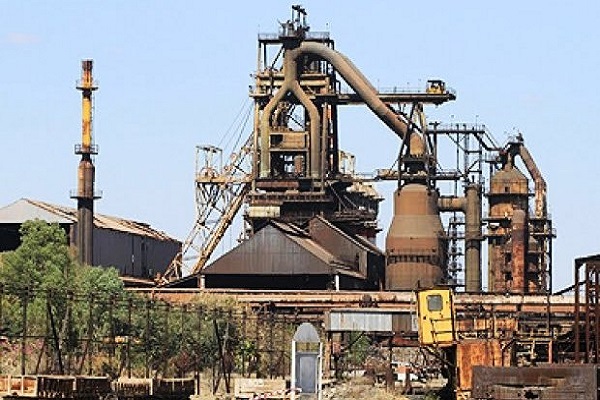The Federal Government has signed a Memorandum of Understanding (MoU) with the Russian firm, Tyazhpromexport (TPE), the original builders of the Ajaokuta Steel Plant, and members of its consortium in Moscow.
The move is part of President Bola Tinubu’s administration’s efforts to resuscitate the steel company and the National Iron Ore Mining Company (NIOMCO) in order to boost industrialisation in the country.
The MoU was signed by the Minister of Steel Development, Prince Shuaibu Audu, who led the Federal Government’s delegation, and the General Director of TPE, Mr Egorov Sergei Anatolevich, along with other members of the Russian consortium.
This was made known in a statement by Salamatu Jibaniya, the Head of the Press and Public Relations Department of the ministry, on Friday in Abuja.
The Ajaokuta Steel Company Ltd. (ASCL), located in Kogi, was established in 1979 by the government of President Shehu Shagari to drive Nigeria’s modernity through industrialisation.
Jibaniya said that TPE and members of its consortium, comprising Novostal-M and Proforce Manufacturing Limited, were engaged for the rehabilitation, completion, and operation of the steel plant and NIOMCO, all located in Kogi.
She quoted the minister, describing the move as crucial and a bold step toward creating a sustainable foundation to achieve the industrialisation of Nigeria’s economy.
“The revival of the steel sector will also reduce importation of steel products into Nigeria, which is estimated at over four billion dollars annually, and will help save scarce foreign exchange,” he said.
According to the Jibaniya, the Nigerian delegation during the visit also inspected the facilities of Novostal-M, located in Balakovo in the Saratov region, and the private port facility of the company.
A TPE team visited the Ajaokuta Steel Plant and NIOMCO in August for a preliminary inspection, which led to the invitation to Moscow for the signing of the MoU.
The resuscitation of both the steel company and NIOMCO is expected to create more than 500,000 direct and indirect jobs for Nigerians.
The move is also crucial to achieving President Tinubu’s desire to grow the Nigerian economy to more than one trillion dollars by 2030.
Related posts
Categories
- Advertisements (1)
- Agriculture (45)
- Breaking News (26)
- Business (598)
- Crime (993)
- Education (322)
- Entertainment (128)
- Features (13)
- For The Records (43)
- Foreign News (1,192)
- Health (219)
- Home News (332)
- Interview (9)
- Judiciary (354)
- Lifestyle (140)
- Local News (111)
- National News (1,449)
- Opinion (26)
- Politics (1,016)
- Religion (158)
- Science and Technology (125)
- Security (684)
- Sports (881)
- States' News (822)
- Transportation (330)
- Uncategorized (10)

